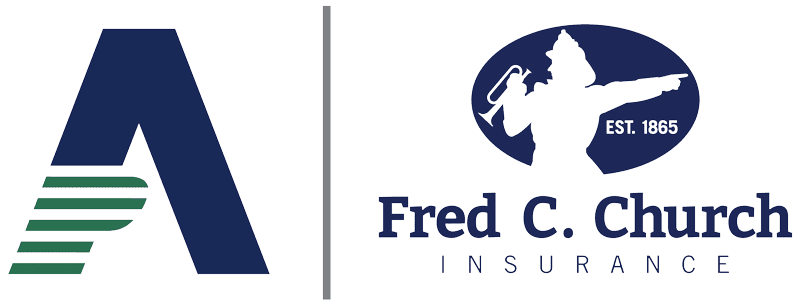October 2022 Employee Benefits Compliance Alert
Release Date: October 5, 2022
Massachusetts Paid Family Leave Guidance: Important New Developments for 2023
Introduction
The Massachusetts Department of Family and Medical Leave (the Department) recently made several announcements regarding the upcoming 2023 Paid Family and Medical Leave (PFML) program that are discussed in the following sections. Whether it makes sense for employers to remain in a private, fully insured or self-funded PFML program or transfer into the state PFML program will likely turn on a cost/benefit assessment as well as an appreciation of an employer’s culture and administrative preference. Recall that only employers with 25 or more employees are required to make an employer contribution to medical leave coverage for an employee. It is entirely the employers’ discretion as to whether they wish to make any contribution for family leave. They can require employees to pay 100% of the cost of that coverage. Employers with fewer than 25 employees can require their employees to contribute 100% of the cost of employee medical and family coverage under the Commonwealth’s Paid Family and Medical Leave law.
A. Reduced 2023 Employer Contribution for PFML Program
The Department announced that for 2023, the employer contribution rate on eligible employee wages will be reduced to 0.63%, down from 0.68% for 2022.
Link to more information: Mass.gov – Paid Family and Medical Leave Employer Contribution Rates and Calculator.
B. Massachusetts Increases Maximum Weekly Employee Benefit for 2023
Beginning in January 2023, the maximum total amount that an employee can receive in PFML benefits will be $1,129.82 per week, an increase from $1,084.00 in 2022.
Link to more information: Mass.gov – Paid Family and Medical Leave PFML Overview and Benefits.
C. General Guidance on How to Exit the PFML Program for a Private Fully Insured or Self-Funded Program
Generally, employers will need to timely secure a private plan exemption and will need to be enrolled in the Massachusetts DOR employer contribution system. In order to have a private plan exemption in place for January 1, 2023, an employer can apply now, since we are in Q4 of 2022. The exemption won’t take effect until the first day of Q1 2023. Applications are reviewed on a rolling basis, so employers are advised not to wait until late December. Any application in October or early November should get approved in time. Here is the process with which an insurance company can assist:
1. An employer or covered business entity may apply to the Department for an exemption from certain obligations under the PFML program (M.G.L. c. 175M) by demonstrating that it offers paid family and/or medical leave benefits to covered individuals in its workforce through a private plan. An employer or covered business entity seeking an exemption must submit a Request for Exemption through the Massachusetts Department of Revenue’s MassTaxConnect system.
2. If approved, the employer or covered business entity shall be exempt from the requirement to make contributions to the state program trust fund for the approved leave type (family, medical, or both). An employer or covered business entity approved for one leave type only (either family or medical) must remit contributions owed under 458 CMR 2.05 for the leave type for which it has not been approved.
3. Coverage under a private plan shall begin for all employees and covered contract workers no later than the first day of the first quarter immediately following the date of approval of the private plan exemption or on the date of hire of the employee or covered contract worker for private plans already approved.
4. Applications for such exemptions will be accepted and reviewed by the Department on a rolling basis and will be effective no earlier than the quarter immediately following the date of approval. Exemptions from contributions will be effective for up to one year and may be renewed annually.
D. General Guidance on Leaving a Private Plan and Joining the PFML Program: At Least 30 Days’ Advance Notice Required
1. An employer or covered business entity that does not intend to renew its approved private plan at the effective date of termination must notify covered individuals and the Department no later than 30 calendar days prior to the effective date of termination. The effective date of the termination of a private plan shall be on the first day of the first quarter immediately following the date of the termination or nonrenewal.
2. The employer or covered business entity that terminates or does not renew its private plan exemption will be required to report prior wages and qualified earnings to the Massachusetts Department of Revenue, pursuant to 458 CMR 2.04 and 2.05, for the four quarters immediately preceding the termination date of the exemption.
E. Entry into the PFML Program and Avoiding Retroactive Employer Contributions: The One Renewal Cycle Rule
Employers with a private plan (fully insured or self-funded) exemption that was initially effective prior to January 1, 2021, will need to go through one (1) renewal cycle to not owe retroactive contributions. A renewal cycle means an initial term and one renewal term, with each term lasting a period of four completed quarters. An employer that terminates a private plan prior to the renewal cycle requirement will be responsible to remit retroactive contributions back to the effective date of the initial exemption for failure to renew.
If an employer has an approved exemption and has renewed for one renewal cycle, and the employer attempts to terminate during that first renewal cycle (before the renewal cycle is complete), it, too, will be responsible to remit retroactive contributions back to the effective date of the initial exemption for failure to renew.
If an employer has gone through one complete renewal cycle, at that time, an employer may terminate its private plan without owing retroactive contributions.
| Initial Exemption – Effective Date | First Date an Employer Can Move to PFML Plan Without Owing Retroactive Contributions |
|---|---|
| 10/01/2019 | 10/01/2021 |
| 01/01/2020 | 01/01/2022 |
| 04/01/2020 | 04/01/2022 |
| 07/01/2020 | 07/01/2022 |
| 10/01/2020 | 10/01/2022 |
| 01/01/2021 or later | At any time. The effective date of the termination of a private plan shall be on the first day of the first quarter immediately following the date of the termination or non-renewal. |
F. Additional Resources
G: Additional Questions?
If you have additional questions, feel free to contact your Fred C. Church account manager, or George Thompson, senior counsel, VP of compliance at gthompson@fredcchurch.com.
Note: This alert constitutes compliance advice from the Fred C. Church Agency as your employee benefits broker and does not establish an attorney-client relationship with the recipient, who is free to consult with legal or tax counsel of their own choosing.



